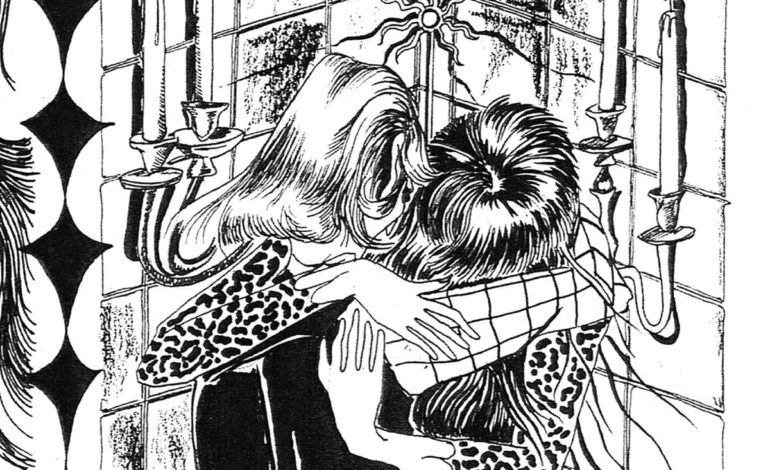

A bold sonic exploration
In his latest album, What’s Tonight to Eternity, Cindy Lee, the stage name for Patrick Flegel best known from the band Women, unveils an exciting glimpse into her world. The album inventively intertwines elements of Motown ballads with dissonance and ambient noise. It is an interesting sonic painting with lots of layers and a vast spectrum of colors depicting a variety of emotions.
A gentle, pulsing high-pitched tone introduces “Plastic Raincoat.” The song incorporates low bass, floating synth and vintage vocals in the background. The song has a very light and airy feel with lots of space and is thus open to interpretation. Lee’s singing style is along the lines of Chan Marshal (Catpower) and Beth Orton. His use of vocals in the composition is innovative. Vocals are very low in the mix and obscured with a lot of echoes to the point where the lyrics are mostly indiscernible which adds an intriguing layer to the album’s sound. The high vocals floating over the intentional drum beat peppered with brash guitar distortion are reminiscent of St. Vincent.
A fast, high harp arpeggio opens the song “I Want You to Suffer.” It’s an upbeat dance tune that initially seems similar to The Supremes’ “Where Did Our Love Go.” Soon, though, a raucous distorted guitar and feedback rip through like a riot, injecting chaos into the song. A pleasant church organ solo with some singing punctuate the song’s end along with the lyrics, “a search for our salvation….”
“The Limit” takes a familiar Motown ballad-like groove, barbershop style harmonies and symphonic string accents (similar to “I Only Have Eyes for You” by The Flamingos) and unravels and distorts to the point of macabre. The song has the eerie effect of an old record slowing down and being pulled out of tune.
“What’s Tonight to Eternity” features a low horn synth line, moving swiftly, as if someone is being chased through the forest. Elements of the song, including the dramatic chord progression on New-Agey synth, cause the song to sound as though it would fit in Ridley Scott’s 1985 film Legend.
“One Second to Toe the Line” comes out of the gate like a ’60s soul ballad with a rhythm on guitar and drums vaguely like “These Eyes” by The Guess Who. Again, airy vocals are present in the background, obscured by reverb. Throughout, the sounds of a music box are present, and dissonance punctuates each pleasant segment of the song.
“Lucifer Stand” establishes a strong fun rhythm on synth with ascending and descending bass line. The sound is like the modern Black Keys hit “Gold on the Ceiling”. A brief flange-modulated e-bow intro, similar in nature to the signature sound of Adam Jones (guitarist of Tool) leads the song. The vocals on this song are a bit more in the forefront than the rest on the album, but still understated. In his quirky voice, Lee sings, “burning bright, so alone, for eternity.” The song builds slowly into the percussion, which is in simple time with a pleasant, upbeat tempo. The song then takes an odd turn when a female voice starts tells her story about choosing to follow Satan or God. “I can’t live, and I can’t die/ I’m stuck ya know/ I’ve asked Jesus to get me out/ He’s left me here/ Satan’s right I should never have given my life to him. ”
“Speaking From Above” has industrial, grinding metal and screeching sounds created from guitar distortion and feedback. Angelic vocals lay low in the mix. In a cascading rotary dissonance, a sort of angel seems to unfurl. This angel is in black leather.
“Just for Loving You I Pay the Price” is a dreamscape song with no percussion. The song intrigues and draws you in. “Heavy Metal” is another Motown type slow 6/8 ballad, with floaty, obscured vocals.
This album cannot be fully absorbed from a first listen. It needs time to grow on you. From fearless exploration to understated sophistication, there is a world to be discovered in Cindy Lee’s What’s Tonight for Eternity.
